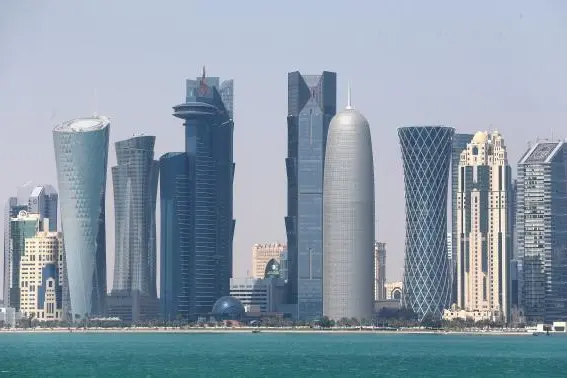PHOTO
Business conditions in Qatar’s non-energy private sector improved in May as output rose for the eleventh consecutive month, albeit at the slowest pace.
The seasonally adjusted IHS Markit Purchasing Managers' Index (PMI) for Qatar eased to 51.5 in May from 52.1 in April. While any rise above the 50 mark indicates expansion, the output growth was the slowest in the current upturn.
Employment and backlogs both rose for the eighth month running, and sentiment regarding the 12-month outlook improved slightly as new cases of COVID-19 fell.
Qatar recently relaxed a few mobility restrictions as a part of a gradual plans to lift all curbs. Nearly 40 percent of its population has been fully vaccinated, according to Our World in Data.
Trevor Balchin, Economics Director at IHS Markit, said: “Qatar's private sector economy remained on a growth trajectory in May, according to the latest PMI data. Output, new orders and purchases all rose for the eleventh successive month, while jobs were added for the eight-straight month.”
He said however there was “a further loss of momentum” in the latest figures. New orders increased at the slowest rate in 2021 so far, leading to the weakest rise in output of the current 11-month upturn. Backlogs rose again, but also at a slower pace, he added.
Data showed that wholesale & retail performed strongest (53.2) in the three months to May followed by manufacturing (53.1) and construction (51.1), while services posted a deterioration in business conditions (48.0). Sustained growth of new orders contributed to the overall improvement in business conditions in May. The rate of expansion was robust, albeit the slowest in five months.
Output also rose more slowly than new orders for the fifth month running, resulting in a further build-up in outstanding business. Backlogs have risen continuously since October 2020.
Firms expanded workforces further in May and net job creation was maintained for a record eighth consecutive month.
“Looking ahead, the 12-month outlook for activity improved in May, partly reflecting improved confidence around falling levels of COVID-19 cases following an increase in April. That said, sentiment remains at a historically weak level,” Balchin said.
(Reporting by Brinda Darasha; editing by Daniel Luiz)
Disclaimer: This article is provided for informational purposes only. The content does not provide tax, legal or investment advice or opinion regarding the suitability, value or profitability of any particular security, portfolio or investment strategy. Read our full disclaimer policy here.
© ZAWYA 2021





















